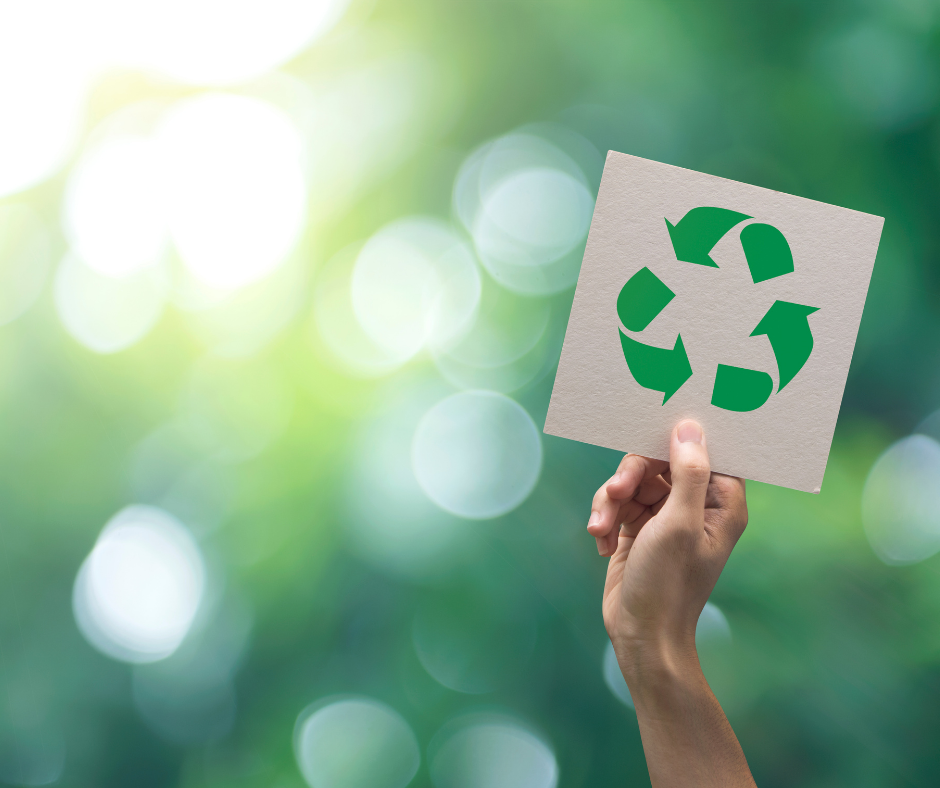
March 31 MEP Manuela Ripa on the text of the Circular Economy Package presented by the European Commission
(Brussels/30.03.2022) As part of the EU's circular economy package, the European Commission today presented legislative measures to "strengthen the role of consumers in the transition to a green economy". The proposed law aims to amend the existing Consumer Rights Directive and the Unfair Commercial Practices Directive. The aim is to ensure that consumers receive reliable and useful product information, for example on lifespan and repair options. Likewise, it is to be prevented that products with a shortened lifespan are sold through "greenwashing" without this being recognizable. Minimum requirements for sustainability logos and quality labels are also envisaged.
Manuela Ripa, MEP of the Ecological Democratic Party (ÖDP), will be shadow rapporteur in the "Industry, Research and Energy Committee" (ITRE) of the European Parliament for the legislative text presented today. "Clear, harmonized and comparable information on the environmental impact of products benefits consumers, businesses and ultimately our planet. Consumers and businesses can only make sustainable choices if they have the relevant information and data. Mandatory environmental impact assessments and labels will empower people to make sustainable choices, while voluntary labels clearly will not."
The MEP stresses the importance of the measures presented today as part of the circular economy package in terms of transforming the European economic system. Legal requirements are intended to ensure that waste is recycled and thus resources and the climate are conserved.
Manuela Ripa emphasizes that the war in Ukraine has once again made the issue of self-sufficiency in raw materials particularly important. Many rare earths and raw materials are imported from Russia, which is now putting us under political pressure. The circular economy therefore also means freeing ourselves from the influence of autocratic rulers.
As far as the Commission's recycling targets are concerned, Manuela Ripa welcomes them, but stresses that we must nevertheless pay attention to differentiation and insist that new products made from recycled material must be both usable and as far as possible self-degradable. We also need improved collection systems that allow us to return enough recyclable goods to the cycle.
According to Manuela Ripa, the partial package on the circular economy presented today will not be enough to achieve the Commission's goals. The MEP stresses the importance of the "3R principle", i.e. "Reduce, Reuse, Recycle". This principle must underlie the circular economy. The MEP explains: "Reprocessing waste must not remain the first goal. Recycling should be the last option of all. In future, we should - where possible - avoid waste altogether. This will require redefining many of our product designs. Goods must become more durable, repairable and reworkable. We need a culture of waste avoidance and reuse."
The ÖDP politician criticizes that currently in Europe there are only binding specifications for recycling and not for prevention or reuse. Although it makes sense to further improve recycling, it remains only the last phase in the product cycle. EU legislation must take this into account in the future. Regulations must prevent planned obsolescence of products, provide for better product design and prescribe a right to repair products - including the consumers' right to be protected from toxic materials, concluded the MEP.

